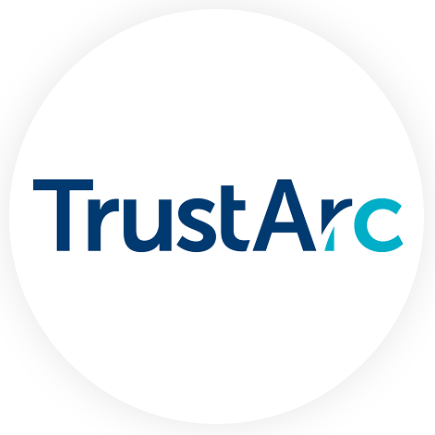Cybersecurity doesn’t get more personal than your DNA, and the recent security breach at one of the country’s largest genetic testing companies is just another reminder of the lengths thieves will go to steal your personal data. The high profile security breach affected millions of users and stolen data included everything from birth dates to DNA matches and location information. The method the thieves deployed was credential stuffing using bots to crack passwords.
The process is made easier when people use the same password across multiple websites instead of Multifactor Authentication (MFA). It may seem tedious but having more than one way to verify your password makes it easier to protect your data and harder for thieves to steal and of the best ways to avoid a costly cybersecurity breach.
MFA is a security process that requires users to provide different authentication factors to verify their identity. This adds an additional layer of security to the traditional username and password model. The multifactors usually involve something you know (like a password or PIN), something you have (such as a mobile device or security token), or something you are (like a fingerprint or facial recognition) and may include a verification method such as a text message.
The need for extra protection is especially true for businesses that include on-site, hybrid and remote employees. However, research shows more than half of small and medium-sized businesses aren’t using multifactor authentication. Implementing multi factor authentication might seem like an extra step, but it's a straightforward safeguard that can prevent a scenario where a hacker, potentially using a stolen IP address, gains access to your email. Such unauthorized access could lead to fraudulent requests for invoice payments from your clients—a situation that is not only expensive but also increasingly prevalent.
The Importance of MFA for Small Businesses:
Enhanced Security:
The primary benefit of MFA is the significant increase in account security. Even if a password is compromised, unauthorized users are unlikely to have access to the second authentication factor, making it much harder for them to gain entry.
Protection Against Phishing:
Phishing attacks are a common way for hackers to steal login credentials. With MFA, even if an employee is tricked into revealing their password, the additional authentication step can prevent a security breach.
Compliance and Trust:
Many industries have regulations that require enhanced security measures, including MFA. By adopting MFA, small businesses can ensure compliance with these regulations and build trust with customers who are increasingly concerned about their data privacy.
Cost-Effective Security:
For small businesses, budget constraints are often a reality. MFA is a cost-effective security solution that doesn't require a significant investment in hardware or software.
Minimizing Damage from Data Breaches:
Data breaches can be devastating for small businesses. By implementing MFA, the potential damage from a breach can be minimized, as it's less likely that the attacker will have access to the second factor needed to exploit the stolen data.
How to Implement MFA in Your Small Business:
Educate Your Team:
Before implementing MFA, it's essential to educate your employees about its importance and how it works. This ensures a smoother transition and better adherence to the new security protocol.
Choose the Right MFA Method:
Select a MFA method that suits your business needs and is user-friendly. Options include SMS codes, authentication apps, hardware tokens, and biometric verification.
Update Your Security Policies:
Incorporate MFA into your existing security policies, and make sure to update these policies regularly to reflect new security practices and technologies.
Test Your MFA System:
Before rolling it out company-wide, test your MFA system with a small group of users to ensure it works correctly and to address any issues that arise.
Provide Support:
Offer support to employees during the transition to MFA. This can include step-by-step guides, FAQs, and a help desk for troubleshooting.
Multifactor Authentication is not just a security measure; it's an investment in your small business's integrity and longevity. By adding this extra layer of protection, you're not only securing your data but also demonstrating to your customers and partners that you take their privacy seriously. NerdsToGo, your locally outsourced IT Team, can assist and scale security measures for your business. NerdAssure is a broad bundle that offers comprehensive, 24-hour security protection including multi factor authentication and dedicated password safe tools such as NordPass.
Remember, multifactor authentication is an essential tool in your cybersecurity arsenal. Don't wait for a security breach to occur; take proactive steps today to protect your small business with multi factor authentication.

Credential Stuffing - Credential stuffing is a type of cyber attack where attackers use automated bots to try and gain unauthorized access to user accounts by systematically attempting to log in using a large number of stolen username and password pairs. This method relies on the fact that many people reuse the same login credentials across multiple websites and services.
Multifactor Authentication - Multifactor authentication (MFA) is a security system that requires more than one method of verification from independent categories of credentials to validate the identity of a user for a login or other transaction.


